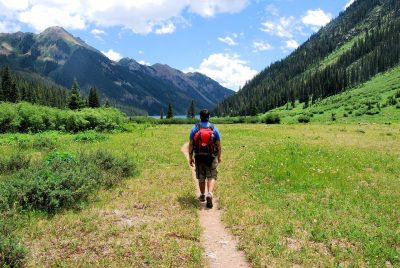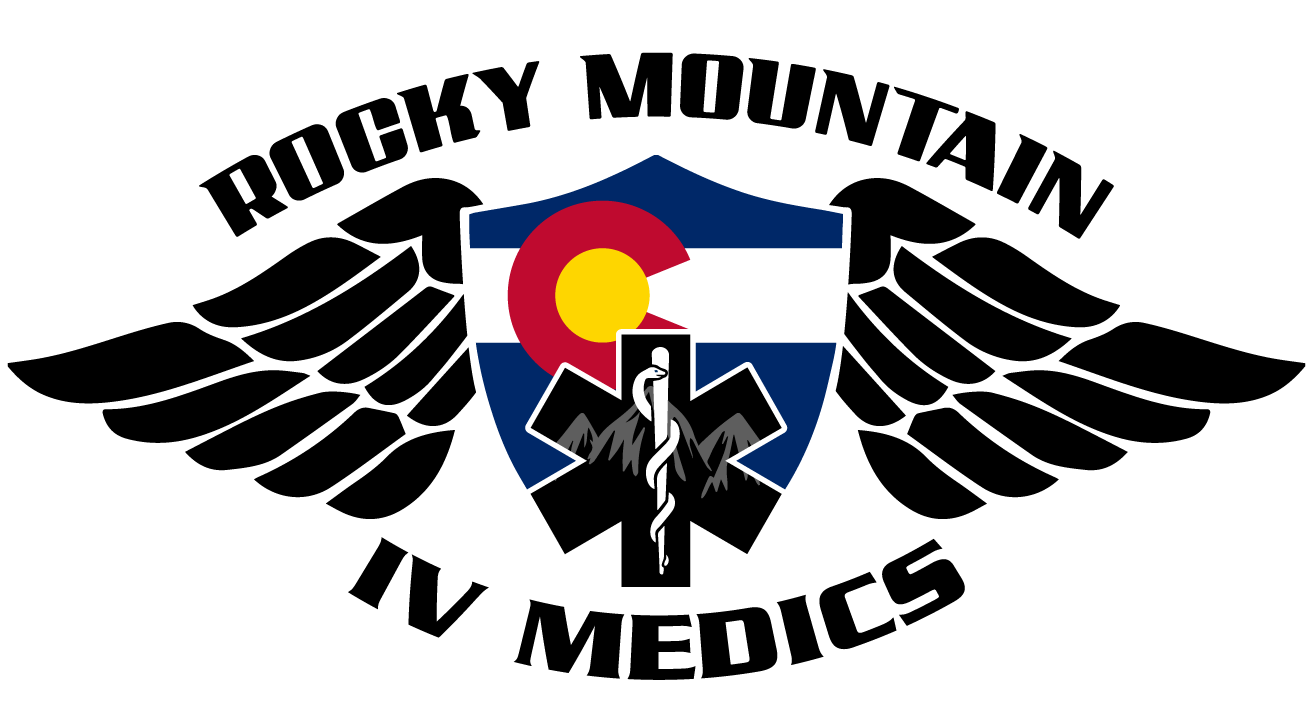Hiking in Colorado: Essential Tips for a Safe & Enjoyable Trip

Illness Prevention: 6 Fast Tips to Protect Yourself & Others
April 21, 2020IV Bars: What Are They & What Do They Offer?
May 6, 2020Hiking in Colorado: Essential Tips for a Safe & Enjoyable Trip

Now that the weather is pleasant and warm enough on a regular basis, it’s the perfect time to get outside and hike.
Especially now, in these uncertain times, being out in nature and breathing in the fresh air can help alleviate stress. While quarantine and social distancing orders are in place, be sure to maintain those same standards even out on the trails. Don’t hike if you are sick or have been exposed to someone who is sick, and be sure to stay at least six feet away from all other hikers.
Hiking offers many benefits, ranging from connecting with nature and loved ones to helping maintain physical fitness. But it’s important to keep a few things in mind to stay safe when you are on the trail. After all, you don’t want to put yourself in a vulnerable position when you are isolated on a Rocky Mountain peak.
Ways to Reduce Risks When Hiking
When hiking in Colorado, make sure that you’re doing everything you can to reduce hiking risks, such as getting lost, getting altitude sickness, or getting injured. Follow the steps below for a safe and fun Colorado hiking experience.
1. Prepare
Before you reach for your hiking stick, there are a few things you want to do to prepare. Start off by checking the forecast. Unexpected weather can come up fast, and you don’t want to be stuck on a mountain in a thunderstorm.
If the weather is good, be sure to ask your forest ranger or local park ranger about the conditions of the trail as well as predator activity so you can know what to look out for.
2. Plan
When you hike, be sure you have a plan in place. It’s always best to hike with someone else. If you can’t find a hiking partner, many state parks offer guided hikes. Regardless, it’s always good to have your own map or trail guide so you know where you’re going.
Also, plan ahead and let others know where you are and when you estimate being back. That way, if something happens, they can alert the park if they don’t hear from you.
3. Prevent
There are many ways to prevent hiking accidents from occurring. First, make sure you are fit enough for the trail you want to hike on and always stay on the marked path. You can also prevent injuries by having the proper gear.
For hiking, sturdy boots with ankle support work best. Trekking poles or hiking sticks are great for providing stability on uneven ground. It’s also a good idea to bring along a first aid kit with extra medication like an Epi-Pen.
Alleviate Hiking Dehydration and Altitude Sickness With Colorado IV Therapy
Intense physical activity, warm temperatures and high altitudes can easily lead to dehydration and altitude sickness when hiking in Colorado. Both can cause symptoms ranging from headaches to dizziness. Because the symptoms of dehydration and altitude sickness can be severe, it’s important to manage these conditions.
At Rocky Mountain IV Medics, our team of paramedics offers mobile IV therapy for symptoms like muscle cramps caused by moderate dehydration and altitude sickness. With our IV for altitude sickness, you’ll be able to absorb fluids fast and experience relief from your symptoms.
Contact us today to set up an appointment.

